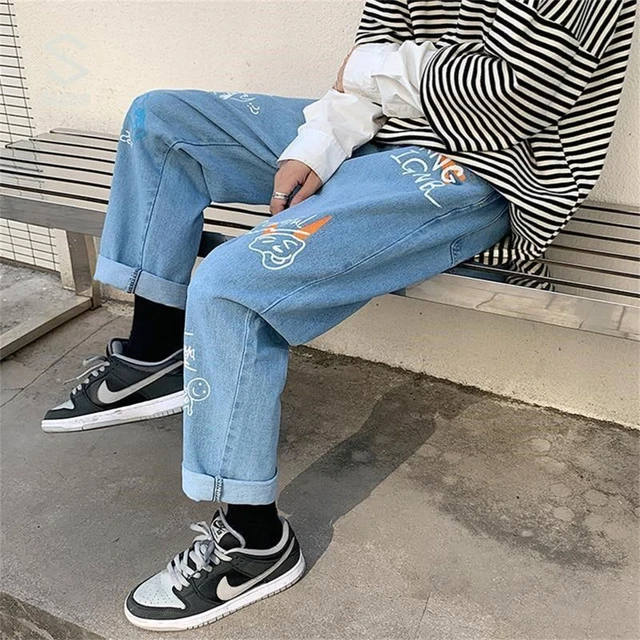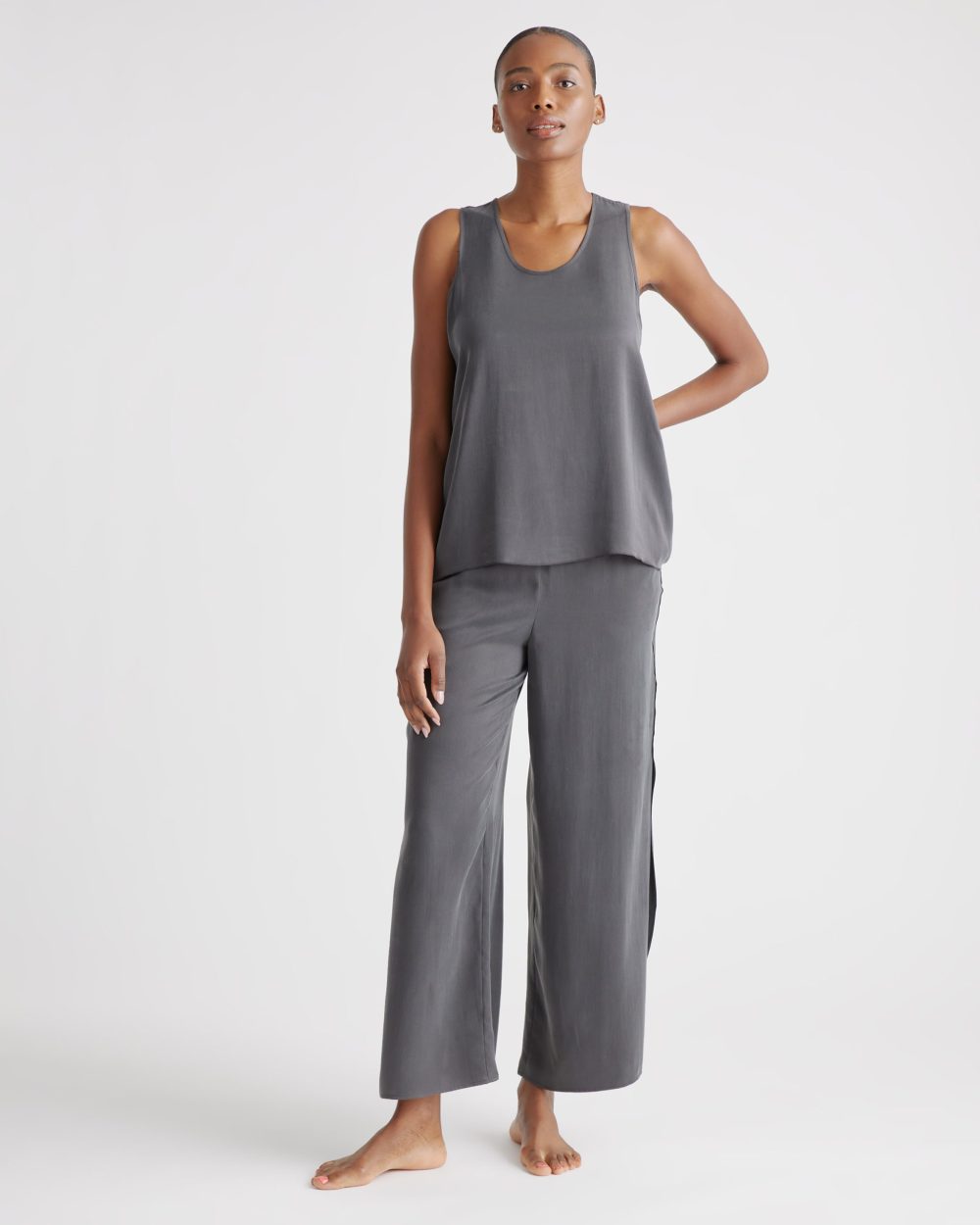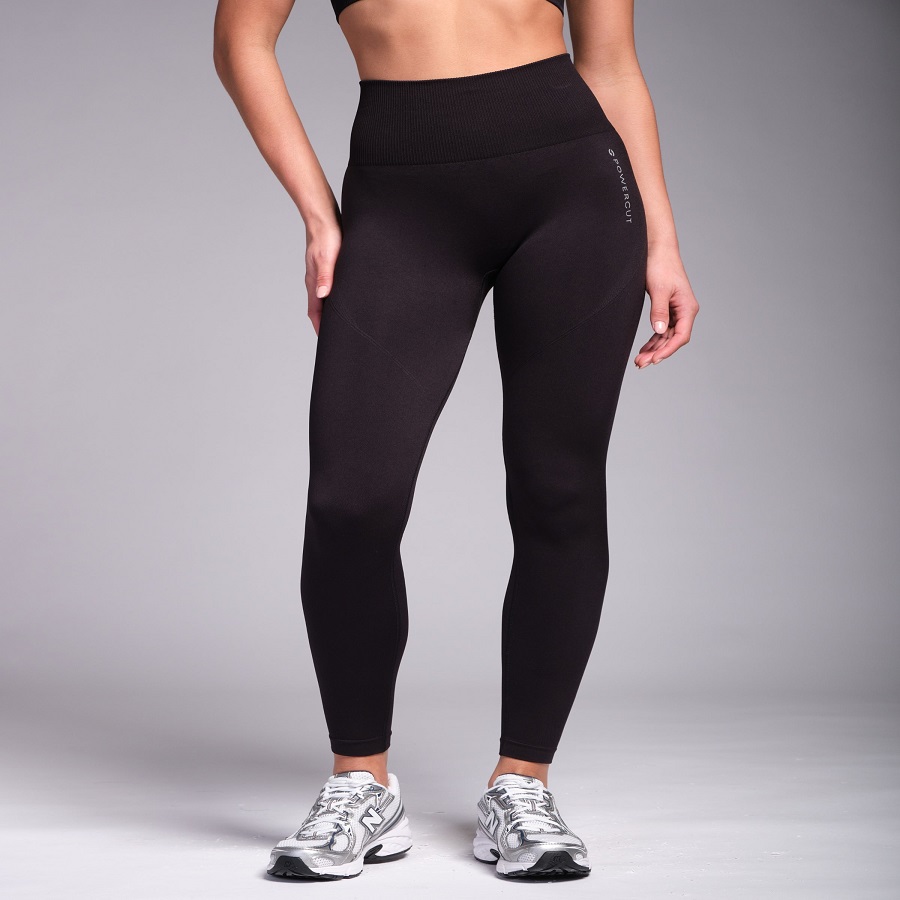
Men’s jeans, a garment that has transcended its humble origins in the American West to become a global fashion staple, have undergone an extraordinary transformation since their inception.
Initially designed as durable workwear for miners and cowboys, they now occupy a central position in the wardrobes of men across all walks of life, reflecting both functionality and personal style.
This evolution is a testament to the adaptability and enduring appeal of this iconic garment.
Early Origins: Workwear for the Frontier
The story of men’s jeans begins in the mid-19th century when Levi Strauss, a Bavarian immigrant, and tailor Jacob Davis collaborated to create a robust, long-lasting pant for the hardworking men of the California Gold Rush. In 1873, they patented the process of reinforcing denim trousers with copper rivets at points of strain, such as pockets and the base of the fly. These ‘waist overalls’, as they were originally called, were crafted from sturdy denim fabric, offering unparalleled durability for the rugged conditions faced by miners, laborers, and ranch hands. The introduction of the first-ever blue jeans marked the beginning of a new era in men’s functional wear.
20th Century Transition: From Function to Fashion
The early decades of the 20th century saw jeans maintain their status as practical work attire. However, during World War II, jeans began their gradual transition into mainstream fashion due to their association with the independent, tough image of American soldiers wearing them off-duty. Hollywood played a pivotal role in this shift. Actors like James Dean and Marlon Brando sported jeans in films, romanticizing the rebellious spirit and casual coolness they embodied, which resonated with youth culture.
In the 1950s and 60s, jeans became a symbol of youthful rebellion and non-conformity, adopted by rock-and-roll icons and counterculture movements. This period also witnessed the emergence of various styles and cuts, including bootcut, straight-leg, and slim-fit jeans, expanding the options beyond the original workman’s design.
Rise of Designer Jeans and Denim Culture
The 1970s was a defining decade for the elevation of jeans from utilitarian clothing to luxury fashion items. Designers started branding jeans and experimenting with different washes, treatments, and embellishments, turning denim into a canvas for creative expression. Brands like Calvin Klein and Gloria Vanderbilt popularized designer jeans, making them a status symbol worn by celebrities and everyday consumers alike.
By the 1980s and 90s, denim had fully permeated high fashion, with acid-wash jeans becoming a trend, followed by stone-washed and distressed looks. This period also introduced baggy jeans and later, the rise of the skinny jean, catering to the ever-evolving tastes of fashion-conscious men.
Globalization and Contemporary Trends
In the 21st century, jeans have cemented their place as a versatile wardrobe essential. With the advent of fast fashion and e-commerce, accessibility to a variety of fits, washes, and styles has never been greater. High-street brands, premium labels, and artisanal denim makers all vie for a share in the market, producing everything from classic indigo selvedge denim to cutting-edge technical fabrics.
Furthermore, the sustainability movement has influenced the denim industry, with many brands adopting eco-friendly practices in production and recycling old jeans to reduce waste. Customization and personalization are also on the rise, allowing individuals to express their unique identities through their jeans.
Today, men’s jeans can be dressed up or down, paired with sneakers or dress shoes, worn to the office or a weekend barbecue, reflecting the wearer’s lifestyle and aesthetic preferences. Their journey from the mines to the runway is a compelling narrative of resilience, reinvention, and the universal appeal of a simple yet adaptable piece of clothing. Despite the countless changes in cut, color, and material, jeans continue to embody the spirit of their roots – strong, reliable, and timeless – while adapting to the shifting tides of fashion.

